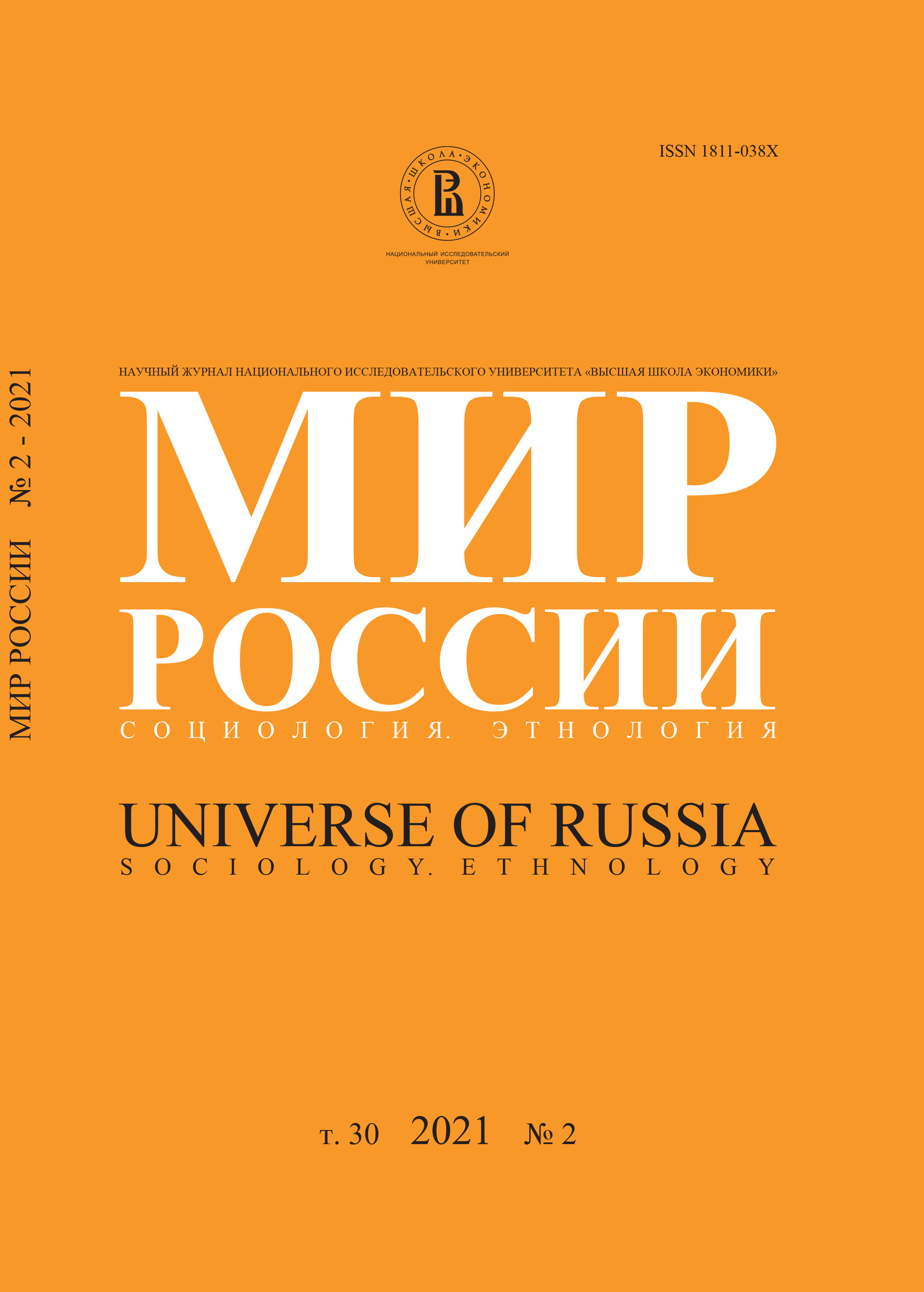The Dynamics of Ethnocultural Policy in Russia, Kazakhstan and Ukraine: Delayed “Nationalization”?
Abstract
This article focuses on the origins, driving forces and dynamics of the so-called ethnocultural policy in the three largest post-Soviet countries: Russia, Kazakhstan and Ukraine. The authors analyze why the empirical realities did not correspond to the expectations of the 1990s that nation-building in post-Soviet countries would be of repressive character but which have started to partly materialize recently. In the mid-1990s, Rogers Brubaker supposed that the newly independent countries would pursue a policy of “nationalization”, or, in other words, the “restoration” of the social and cultural positions of their founding, or “core” ethnic nations. Such a strategy was supposed to provoke resistance among ethnic minorities, primarily Russians, and conflicts with the countries backing and patronizing their kin minorities. However, the actual processes followed a different scenario which was based on “strategic ambiguity”. The latter included ideological eclecticism and legal uncertainty in the formulation and pursuit of governmental policies. Uncertainty in official action went along with the lack of mass mobilization and mass protests on ethnic grounds. The analysis is based on the examination of the institutional design of ethnocultural policies. The authors conclude that the post-Soviet developments pertinent to ethnocultural diversity can be explained by the Soviet institutional legacy and described as an inertial scenario. In all three countries, official discourse combines the recognition of the special role of the ethnic majority as the basis of statehood and concurrently the values of civic unity and ethnocultural diversity. In all cases, governments seek to strengthen the position of the sole state language, but at the same time they create or tolerate institutional opportunities for maintaining multilingualism in the public space. Ethnocultural legitimization is combined with civic justifications resting on the mottos of equality and solidarity of individuals regardless of ethnicity. The authors also answer the question of why the ruling elites in Russia and Ukraine have opted for more straightforward and pro-active “nationalizing” and homogenizing policies in recent years. They conclude that the inertial scenario is based on a shaky equilibrium and thus it is sensitive to external disturbances, such as interstate conflicts.






